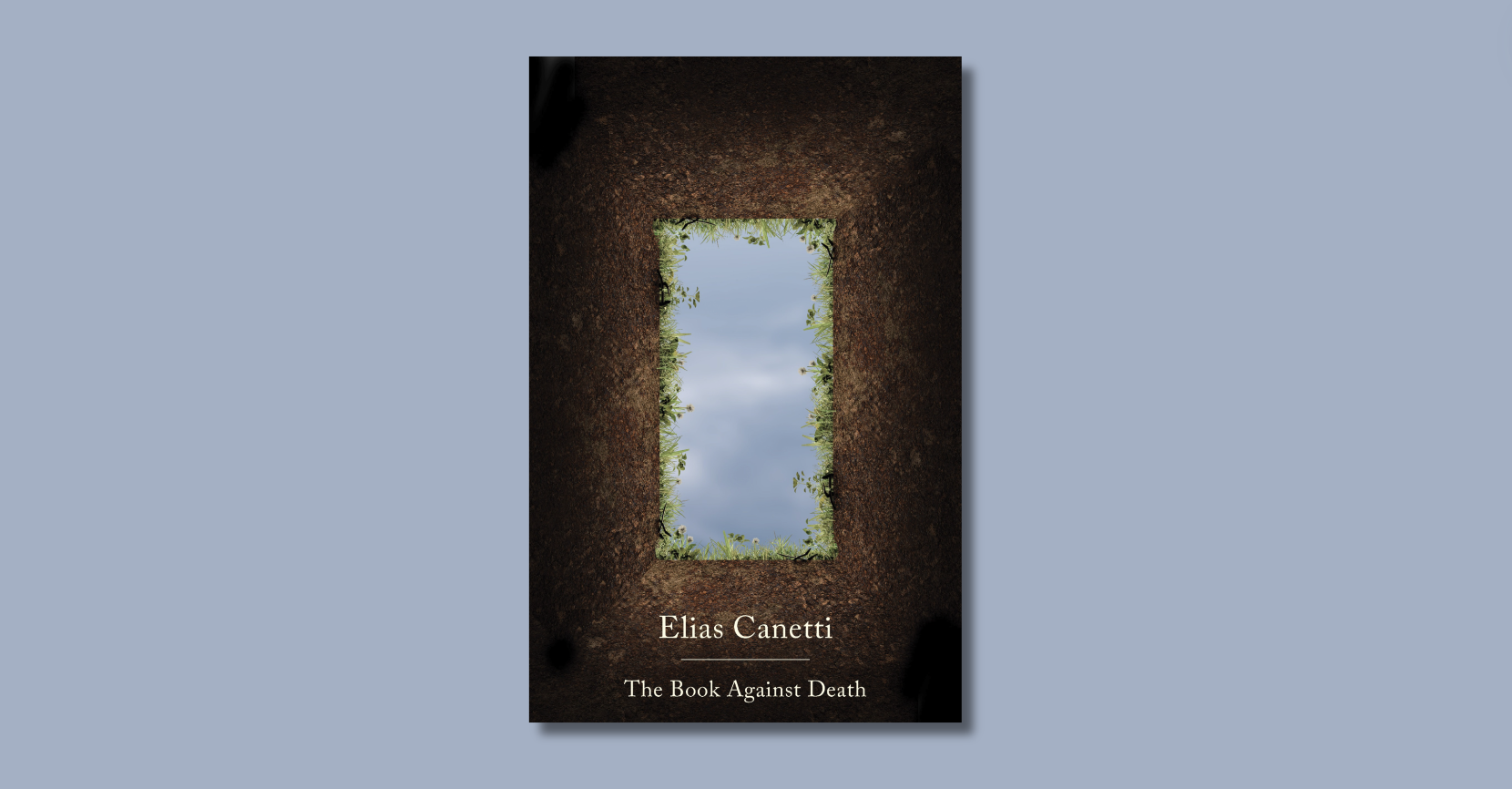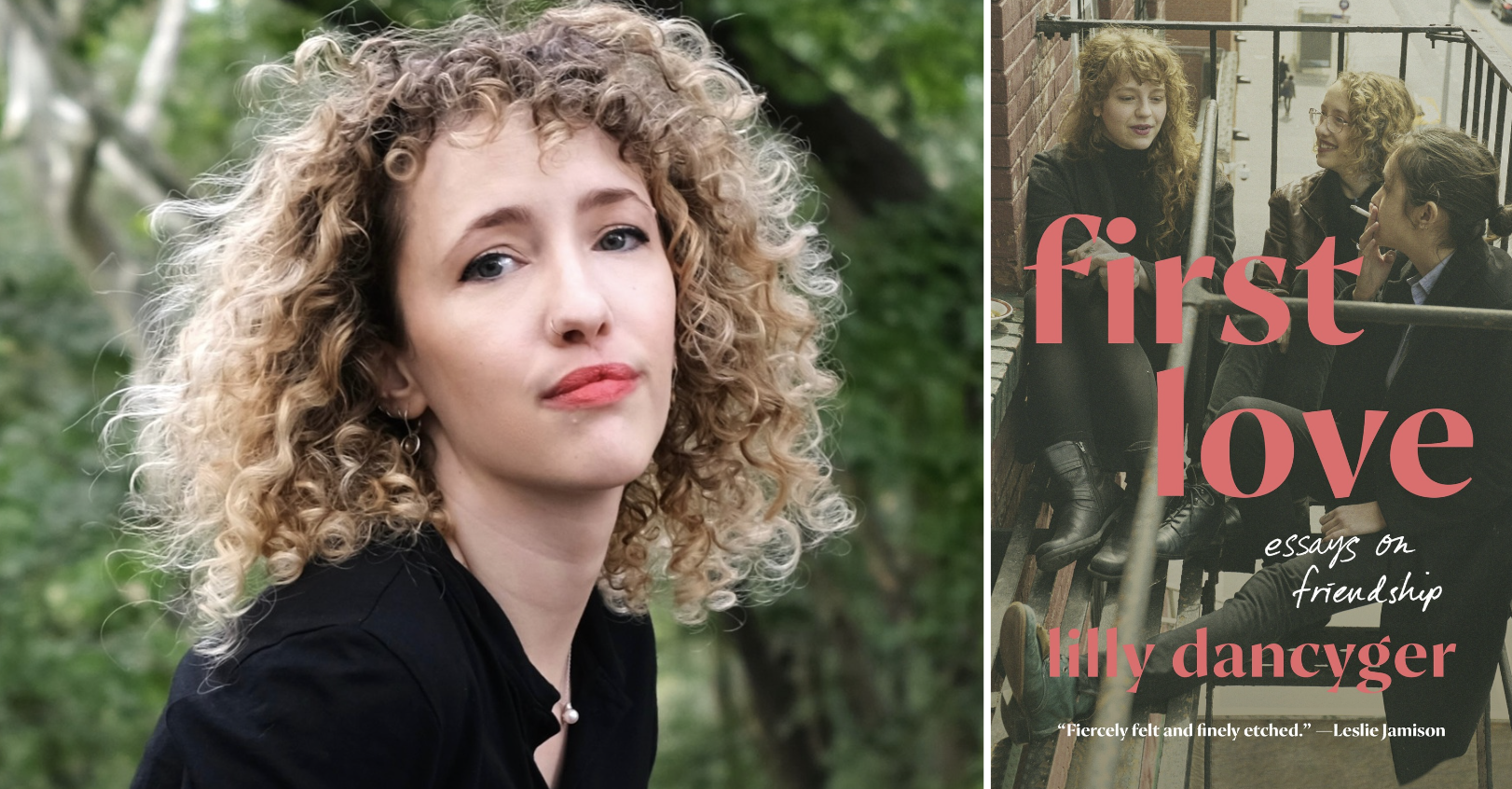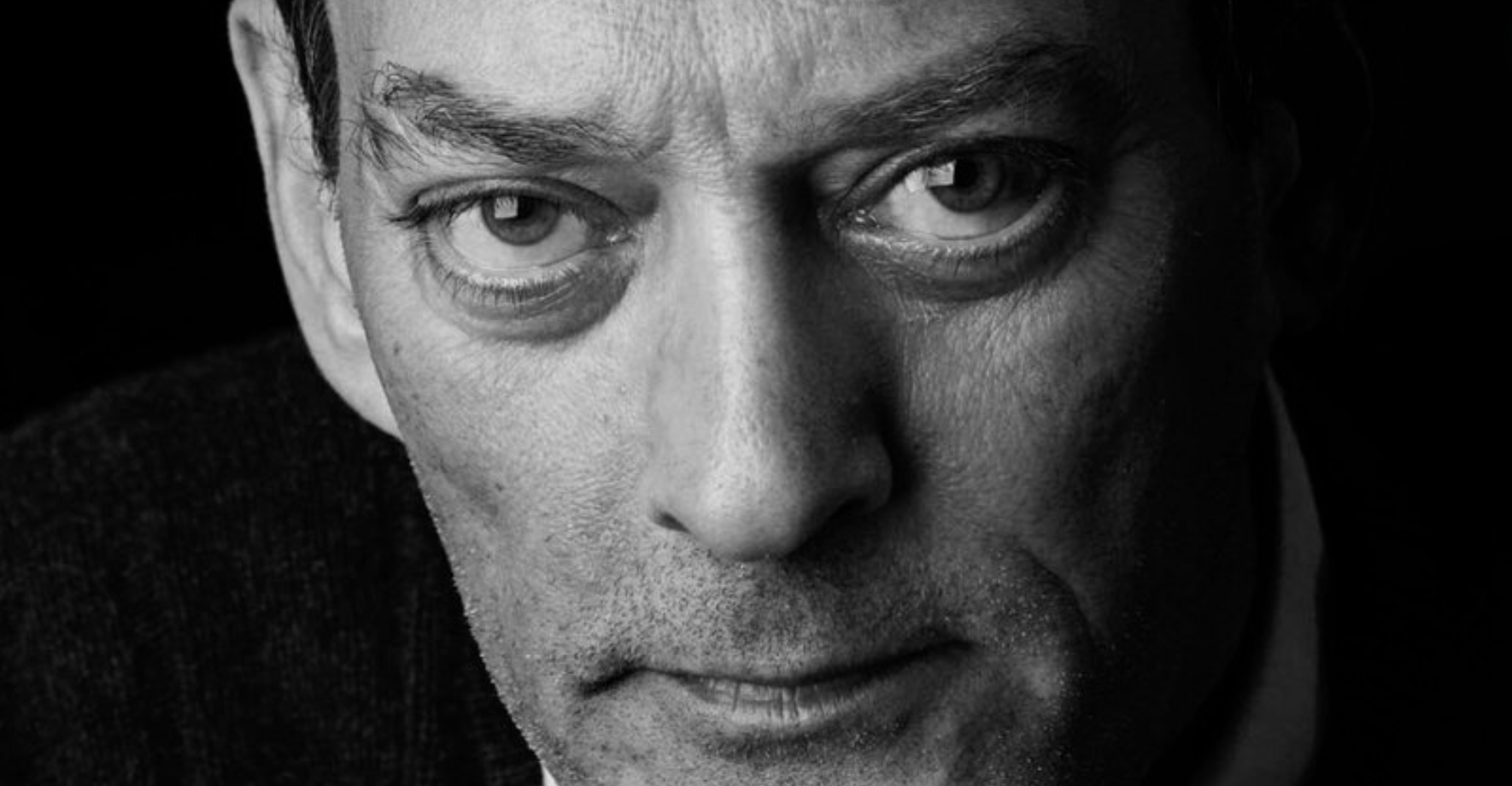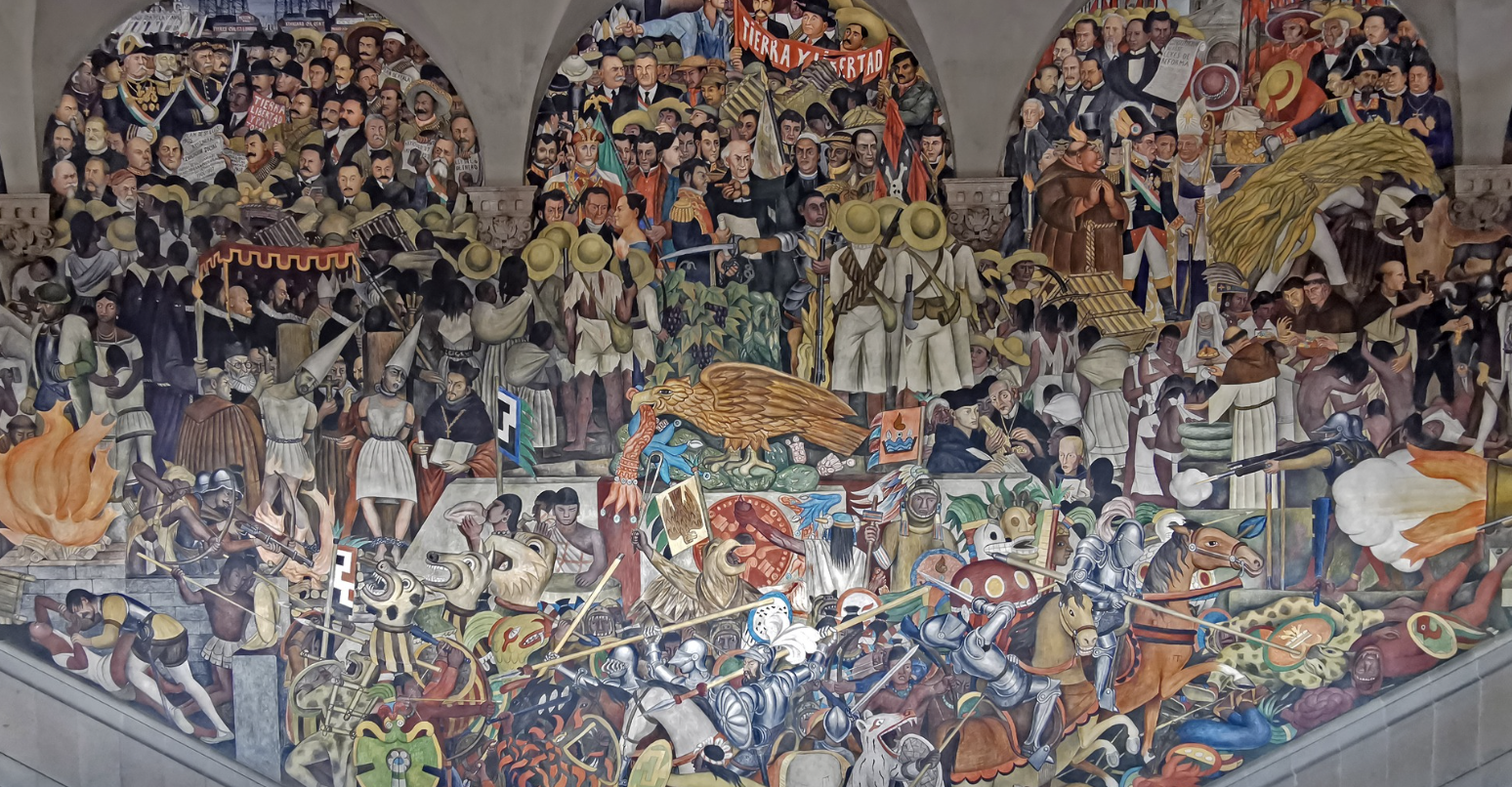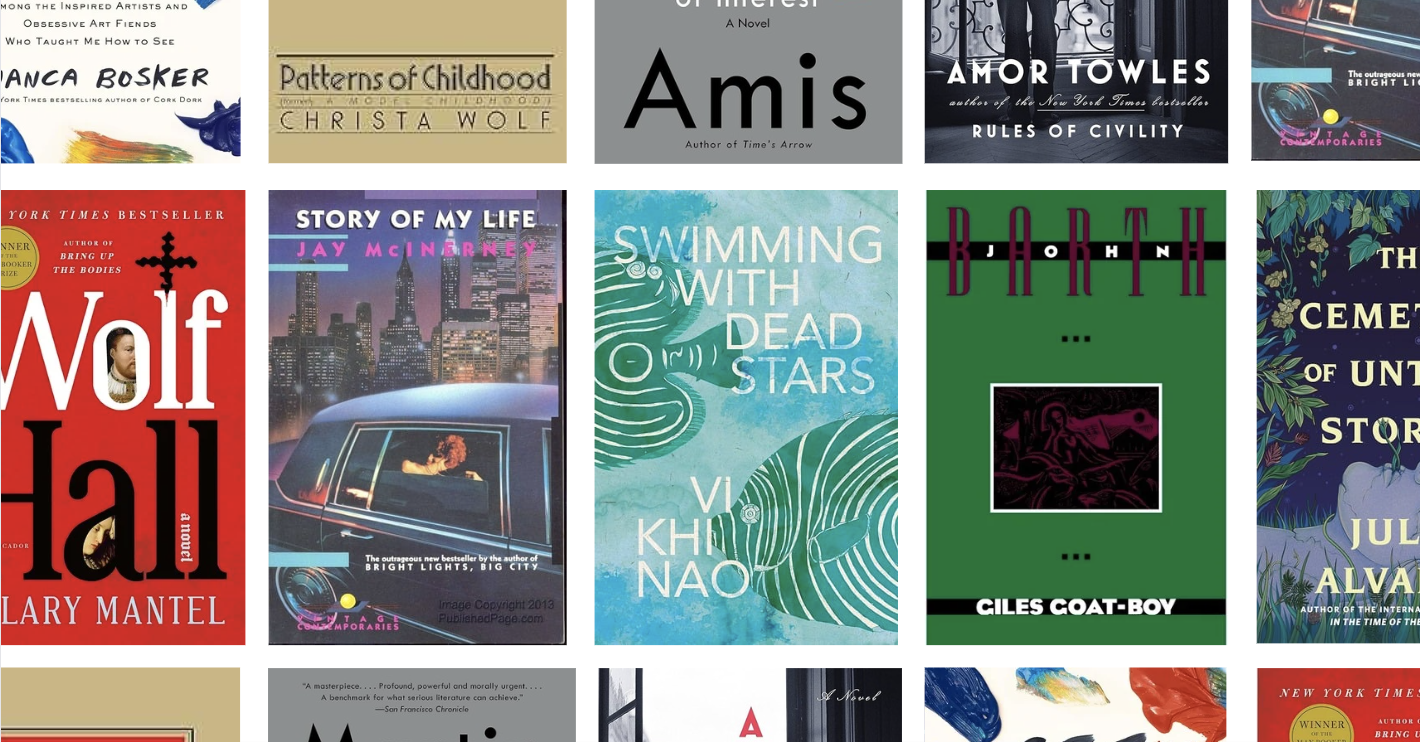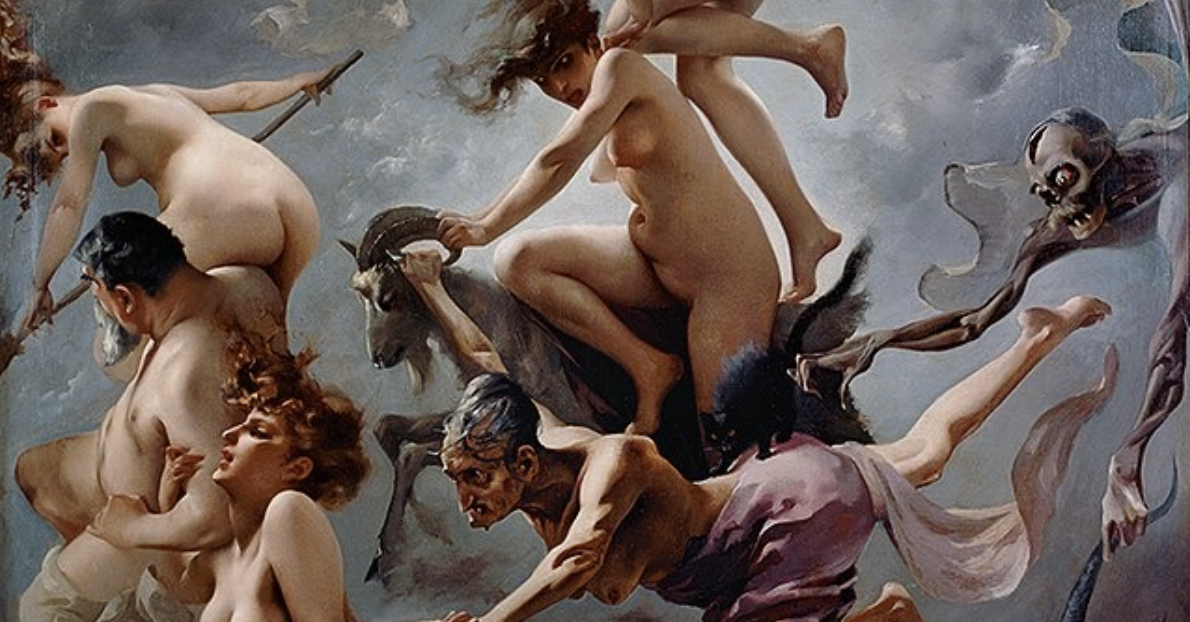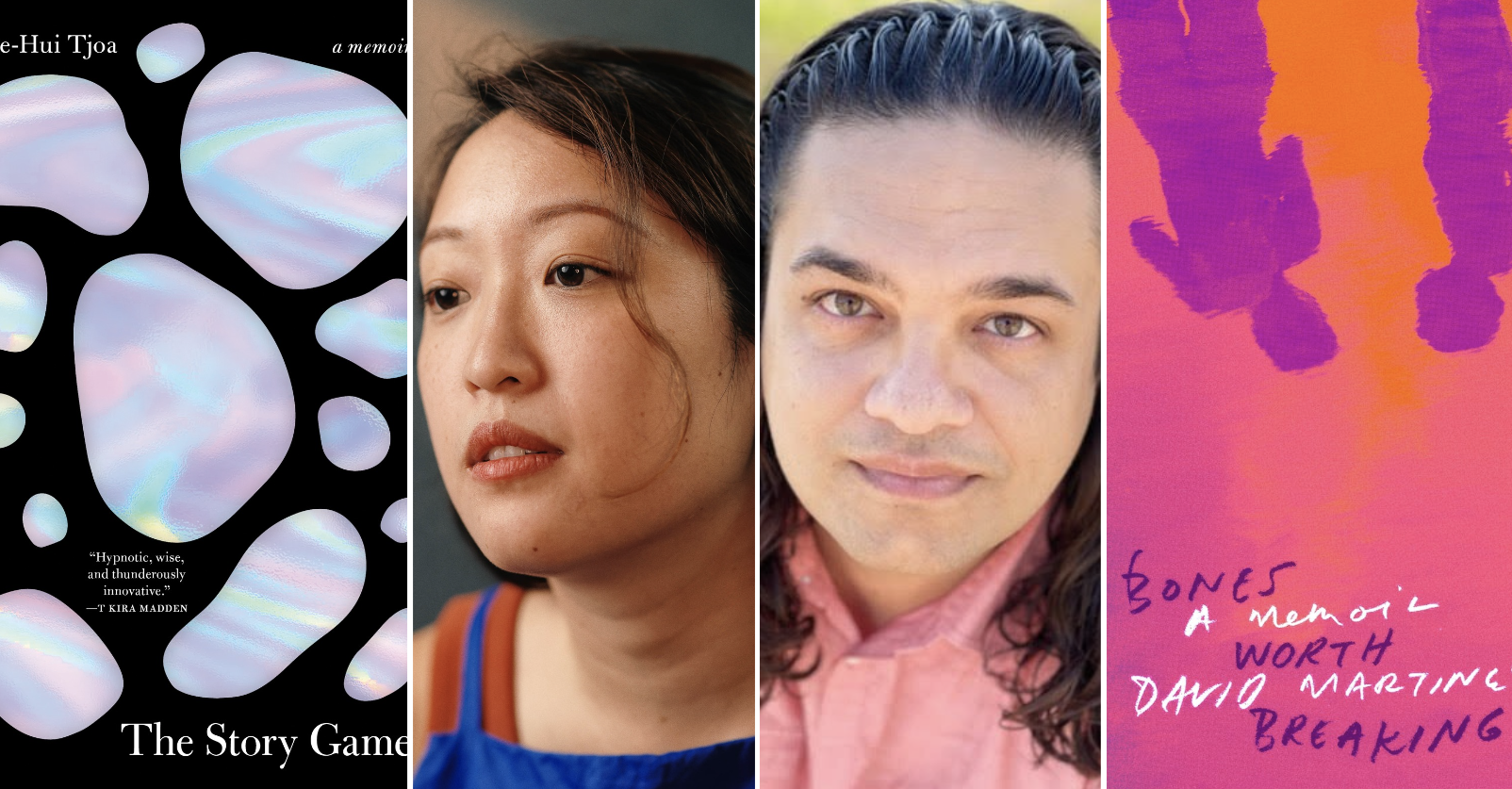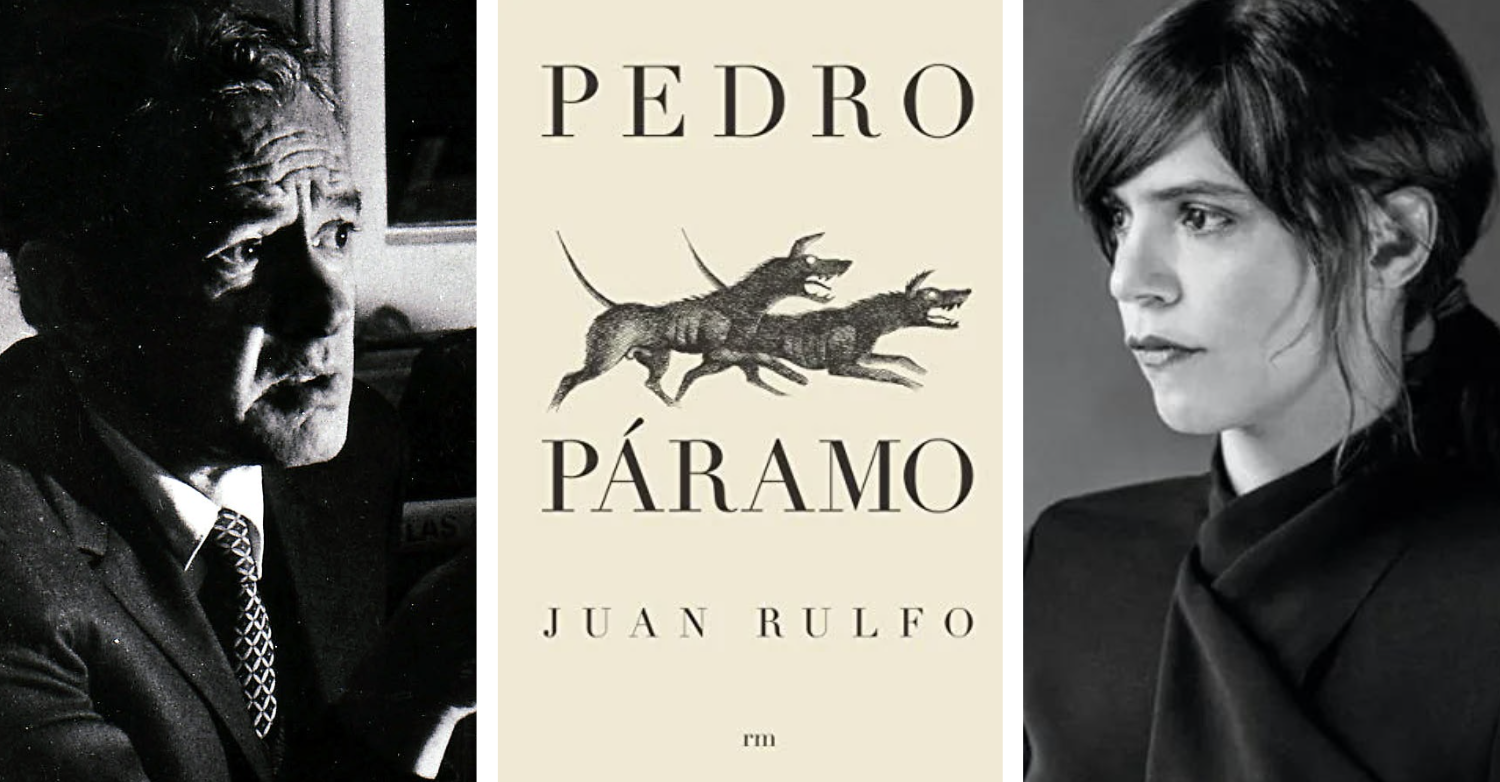Last week, my husband and I rented a car and drove up to the Catskills for a weekend with nature. On our drive we did what everyone must do while driving in America—we stopped at a McDonald’s. I haven’t been inside a McDonald’s in the United States in years. They now have touch screens on which you can order. Other than that, not much seems to have changed, not even the prices, and I was filled with a sense of nostalgia as I entered.
In 1994, my family and I moved from New Delhi, India, to Ithaca, N.Y. Twice every year, we would go back to New Delhi for long stretches during the academic holidays and I would quickly fall back into my life there. In the middle of August, in time for the fall semester to begin in America, my family of four would get back on a plane and fly west to return to Ithaca. We’d land at JFK and rent a car to make the four-hour drive back to Ithaca. As we left the bustle of New York City behind, I would drift in and out of sleep for the rest of the ride. The silence would grow louder as we headed further into New York State and the greenery around the highways would grow denser as the number of lanes decreased.
The road, while so familiar, always felt alien after three months of navigating the crowded streets of New Delhi. The silence of upstate New York was deafening and I remember those car rides being so disorienting. There I was, not yet a teenager, coming home from home, leaving home to go home, leaving my friends behind to reunite with my friends. All of this confusion under a haze of jet lag and the exhaustion from an 18-hour flight.
And then, somewhere near Binghamton or Scranton, we’d pull off the highway and into the parking lot of a McDonald’s to stretch our legs and refuel for the last stretch of the drive, allowing my father to have a cup of coffee and get reenergized to keep driving and get us home safely. Half-asleep, at first I’d hate feeling the car slow down on the exit ramp because it meant I’d have to get up, and I would have to be awake, and I wouldn’t be in New Delhi anymore. But then we’d walk into a McDonald’s—I doubt it was ever the same one but it always felt like the same one and I suppose that’s half the charm of those golden arches—and smell the familiar fried food and order the same burger and French fries and I’d taste the idea of home on my tongue. I would awake to the realization that this taste could be home, every bit as much as the fried dough dusted with sugar was home—left by our cook in New Delhi on the dining table for when we arrived late at night and equally exhausted at the end of this same journey in the opposite direction.
The distinct flavors of America, handed to us on red trays lined with paper, reminded me that I had felt the same disorientation just three months ago when I entered our apartment in New Delhi and everything felt smaller than I remembered it and I already missed my best friend in Ithaca.
In New Delhi, when we returned in the middle of the night, the crowds at the airport jostling and waiting for their loved ones always felt alien at first. The children running around at 2 a.m., no concept of a bedtime, were loud and boisterous, jarring. We would load our luggage into the trunk of a black and yellow taxi and speed through the roads of New Delhi to get to our apartment. The roads of New Delhi are never empty, not even at 2 in the morning. Lives are lived outdoors in a way that would never work in upstate New York—people sleeping on sidewalks, young men smoking cigarettes and chatting while leaning against their parked motorcycles. New Delhi never sleeps; parts of upstate New York feel forever asleep.
In New Delhi, too, I would let the tiredness take over and eventually fall asleep against my mother’s shoulder, waking only when I felt the speed decrease and the familiar turns into our neighborhood in the eastern part of the city. I wouldn’t want to be woken up to go upstairs and change and brush my teeth and fall asleep in bed. Like on the exit ramp in upstate New York, I’d want to stay asleep in the car, suspended between two countries and two homes with my family, my constants. But eventually the car would come to a stop and we’d have to get out and take our bags and go up to our fourth-floor apartment.
We lived in a housing complex, and a guard and some other workers, who would inevitably be awake at that time, would help us get all of our luggage upstairs. We would enter the quiet of an apartment left untouched for four months, and downstairs we’d hear the guard walking around the periphery of the housing complex, hitting his stick against the ground to ward off intruders. That was a sound I initially missed in Ithaca—the comfort of knowing someone was outside and awake. But back in Ithaca, I would gradually forget the sound and get accustomed to the silence and then when I returned to Delhi, that same sound always unsettled me at first.
And while listening to his stick hitting the ground, I would reach into a metal box filled with the fried dough left on the dining table for our arrival—the crispy flakes and powdered sugar spilling down the front of my shirt and those mouthfuls would ground me back in New Delhi, the same way the fries would ground me back in America at the end of the summer, the global comfort food of the heavy traveler.
Image Credit: Flickr/Mike Mozart.


